LONDON – British researchers have developed a device that takes the pain out of tooth decay treatment by electrically reversing the process to help teeth remineralise. The technique, known as Electrically Accelerated and Enhanced Remineralisation (EAER), could be brought to market within three years.
With 2.3 billion sufferers annually, dental caries is one of the most common preventable diseases globally. Dentists normally treat established caries in a tooth by drilling to remove the decay and filling the tooth with a material, such as amalgam or composite resin.
Researchers at Reminova, a spin-out company of King’s College London, aim to rebuild the tooth and heal it by accelerating the natural process by which calcium and phosphate minerals re-enter the tooth to repair a defect. They have developed a device that boosts the tooth’s natural repair process.
embedImagecenter("Imagecenter_1_1259",1259, "large");
The two-step method developed by Reminova first prepares the damaged part of the outer enamel layer of the tooth, then uses a tiny electric current to push minerals into the tooth to repair the damaged site. The defect is remineralised in a painless process that requires no drills, injections or filling materials. Electric currents are already used by dentists to check the pulp or nerve of a tooth. The new device uses a current that is far smaller than that currently used on patients and cannot be felt by the patient.
Prof. Nigel Pitts from King’s College London Dental Institute said, “The way we treat teeth today is not ideal: when we repair a tooth by putting in a filling that tooth enters a cycle of drilling and re-filling as, ultimately, each repair fails. Not only is our device kinder to the patient and better for his or her teeth, but it’s expected to be at least as cost-effective as current dental treatments. Along with fighting tooth decay, our device can also be used to whiten teeth.”
Reminova, which is currently seeking private investment to further develop its remineralisation device, is the first spin-out from the Dental Innovation and Translation Centre at King’s College London, which was launched in January 2013. The centre was formed to translate research and novel technologies into products, into changes in clinical practice and into policy that will improve health and health care internationally.
LONDON, UK: After the recent launch of its latest Sonicare toothbrush, Philips has just unveiled another addition to its cloud-enabled health ecosystem of ...
NEWCASTLE UPON TYNE, England: A new app designed to support patients with temporomandibular disorder (TMD) has recently been launched as the world’s first...
The evolving socio-demographics of patients means dentists must be better equipped to identify oral signs of systemic diseases and treat elderly patients ...
LONDON, UK: A new method of detecting bacteria during root canal therapy could eradicate the need for follow-up appointments and prevent treatment failure, ...
LONDON, UK: A recent study has identified a cost-effective, low-intensity intervention technique that could prevent dental caries in thousands of children ...
DUBAI, UAE: UK-based global dental implant company Neoss is officially launching its business in the Middle Eastern region at AEEDC Dubai 2016. In addition,...
LONDON, UK: As part of the dental industry’s ongoing support for the resumption of widespread dental treatment, the British Dental Industry Association ...
LONDON, UK: Researchers from Queen Mary University of London have produced a new dental adhesive for bonding orthodontic brackets that protects the tooth ...
NEWCASTLE, UK: Given the abundance of dietary recommendations that can be accessed these days, understanding what we should and should not eat can be a ...
BIRMINGHAM, UK: With its solutions, Software of Excellence (SOE) has been helping thousands of dentists around the UK to manage and improve their practices....
Live webinar
Tue. 24 February 2026
6:00 pm UTC (London)
Prof. Dr. Markus B. Hürzeler
Live webinar
Tue. 24 February 2026
8:00 pm UTC (London)
Prof. Dr. Marcel A. Wainwright DDS, PhD
Live webinar
Wed. 25 February 2026
4:00 pm UTC (London)
Prof. Dr. Daniel Edelhoff
Live webinar
Wed. 25 February 2026
6:00 pm UTC (London)
Live webinar
Thu. 26 February 2026
1:00 am UTC (London)
Live webinar
Tue. 3 March 2026
4:00 pm UTC (London)
Dr. Omar Lugo Cirujano Maxilofacial
Live webinar
Wed. 4 March 2026
1:00 am UTC (London)
Dr. Vasiliki Maseli DDS, MS, EdM



 Austria / Österreich
Austria / Österreich
 Bosnia and Herzegovina / Босна и Херцеговина
Bosnia and Herzegovina / Босна и Херцеговина
 Bulgaria / България
Bulgaria / България
 Croatia / Hrvatska
Croatia / Hrvatska
 Czech Republic & Slovakia / Česká republika & Slovensko
Czech Republic & Slovakia / Česká republika & Slovensko
 France / France
France / France
 Germany / Deutschland
Germany / Deutschland
 Greece / ΕΛΛΑΔΑ
Greece / ΕΛΛΑΔΑ
 Hungary / Hungary
Hungary / Hungary
 Italy / Italia
Italy / Italia
 Netherlands / Nederland
Netherlands / Nederland
 Nordic / Nordic
Nordic / Nordic
 Poland / Polska
Poland / Polska
 Portugal / Portugal
Portugal / Portugal
 Romania & Moldova / România & Moldova
Romania & Moldova / România & Moldova
 Slovenia / Slovenija
Slovenia / Slovenija
 Serbia & Montenegro / Србија и Црна Гора
Serbia & Montenegro / Србија и Црна Гора
 Spain / España
Spain / España
 Switzerland / Schweiz
Switzerland / Schweiz
 Turkey / Türkiye
Turkey / Türkiye
 UK & Ireland / UK & Ireland
UK & Ireland / UK & Ireland
 International / International
International / International
 Brazil / Brasil
Brazil / Brasil
 Canada / Canada
Canada / Canada
 Latin America / Latinoamérica
Latin America / Latinoamérica
 USA / USA
USA / USA
 China / 中国
China / 中国
 India / भारत गणराज्य
India / भारत गणराज्य
 Pakistan / Pākistān
Pakistan / Pākistān
 Vietnam / Việt Nam
Vietnam / Việt Nam
 ASEAN / ASEAN
ASEAN / ASEAN
 Israel / מְדִינַת יִשְׂרָאֵל
Israel / מְדִינַת יִשְׂרָאֵל
 Algeria, Morocco & Tunisia / الجزائر والمغرب وتونس
Algeria, Morocco & Tunisia / الجزائر والمغرب وتونس
 Middle East / Middle East
Middle East / Middle East




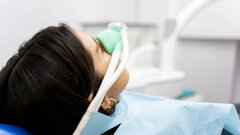






















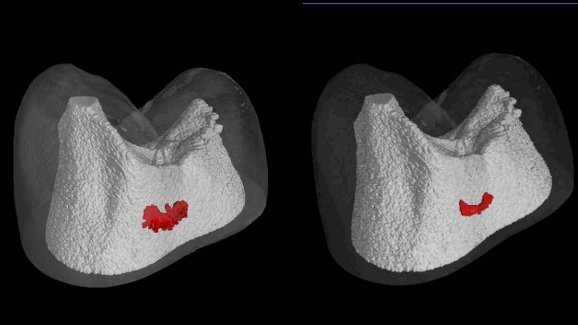



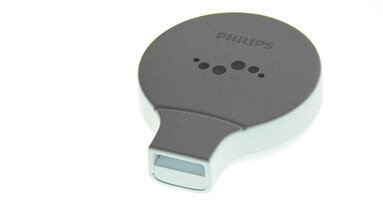

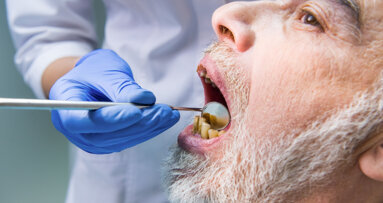



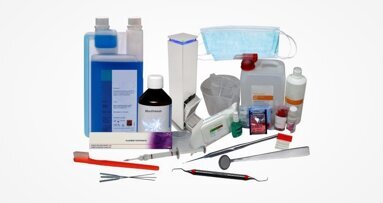
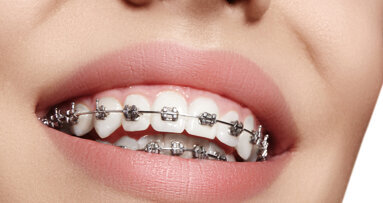

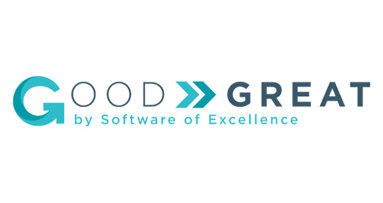









To post a reply please login or register